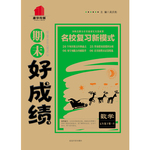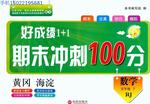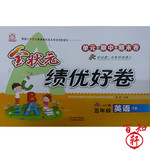题目内容
Hurry up, ________we will miss the best part of the show.
A.or B.and C.but D.although
 期末好成绩系列答案
期末好成绩系列答案 99加1领先期末特训卷系列答案
99加1领先期末特训卷系列答案 百强名校期末冲刺100分系列答案
百强名校期末冲刺100分系列答案 好成绩1加1期末冲刺100分系列答案
好成绩1加1期末冲刺100分系列答案 金状元绩优好卷系列答案
金状元绩优好卷系列答案假设你是Leo,你的好朋友Peter邀请你周五去参加晚宴,但是你很忙。请你根据下面的时刻表,表达你对他邀请的感谢,告诉他你很忙不能参加聚会,并陈述不能参加的理由。要求书写工整,句意连贯,词数在70词左右,开头结尾已给出,不计入总词数。
时间 | 活动 |
1:30-3:00 | 参加英语俱乐部活动 |
3:30-4:30 | 看牙医 |
5:00-6:30 | 和朋友一起打篮球 |
7:00-9:00 | 上钢琴课 |
Dear Peter,
____________________________________________________________________________________________________________________________________________________________________________________________________________________________________________________________________________________________________________________________________________________________________________
I hope you can have a good time!
Your friend,
Leo
It seems every student has an English name since he/she was really young. There is something you should know when you are going to choose an English name.
Rank | Girls | boys |
1 | Sophia (wisdom) | Jackson (son of Jack) |
2 | Olivia | Liam |
3 | Emma | Noah |
Someone also named themselves after some popular stars like Chance The Rapper and LeBron James. And it's also getting popular to choose the uncommon colors as their names.
1.What is the most popular name for girls?
A.Emma B.Jackson C.Sophia
2.Which name is getting popular according to the last sentence?
A.Black B.Ivory C.Red


